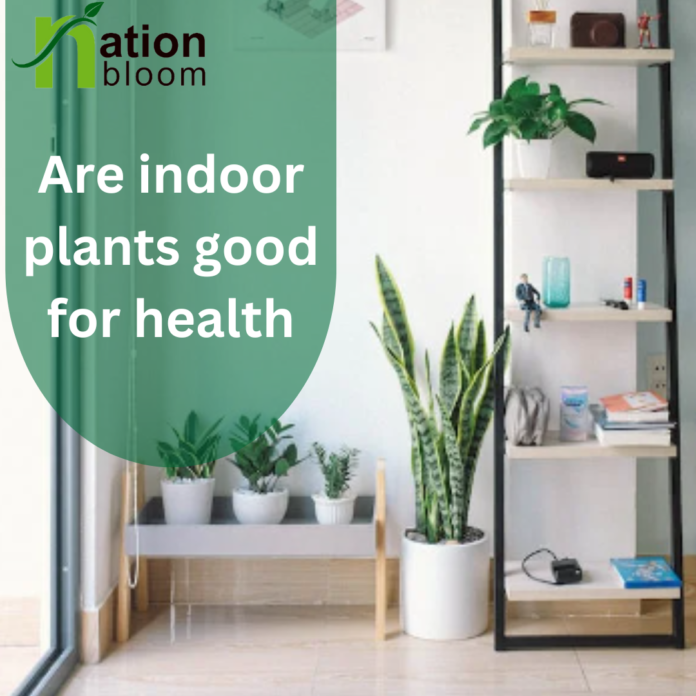Indoor plants not only add a touch of greenery to our living spaces, but they can also provide numerous health benefits. From improving air quality to reducing stress levels, indoor plants can have a positive impact on our physical and mental well-being. In this article, we’ll explore the various ways in which indoor plants can benefit our health.
Improving Air Quality
One of the most significant benefits of indoor plants is their ability to purify the air. Plants absorb carbon dioxide and release oxygen through the process of photosynthesis. In addition to this, they can also remove toxins such as formaldehyde, benzene, and trichloroethylene from the air. These pollutants are commonly found in indoor environments and can have harmful effects on our health, such as respiratory problems, headaches, and eye irritation. NASA’s Clean Air Study found that certain plants, such as spider plants, peace lilies, and Boston ferns, can effectively remove these toxins from the air.
Reducing Stress Levels
Indoor plants have a calming effect on our minds and bodies. Studies have shown that being around plants can reduce stress levels and promote feelings of relaxation. Plants can also help to lower blood pressure and reduce feelings of anxiety. The act of caring for indoor plants, such as watering and pruning, can also be a form of mindfulness practice, which can further reduce stress and promote a sense of well-being.
Boosting Mood
Indoor plants can have a positive impact on our mood and overall sense of well-being. A study published in the Journal of Environmental Psychology found that people who spent time in a room with plants reported feeling more positive and energetic compared to those who were in a room without plants. The presence of plants can also make us feel more connected to nature, which can promote a sense of calm and relaxation.
Increasing Productivity
Indoor plants can also improve our productivity and concentration levels. Research has shown that having plants in the workplace can improve cognitive function and enhance creativity. In a study conducted at the University of Exeter, researchers found that employees who had plants in their offices were 15% more productive than those who didn’t have any plants.
Improving Sleep Quality
Certain indoor plants, such as lavender and jasmine, can promote relaxation and improve sleep quality. The scent of these plants has a calming effect on the mind and can help to reduce stress and anxiety. In addition to this, plants can also improve air quality, which can help to reduce snoring and improve respiratory function, leading to a more restful night’s sleep.
Conclusion
Indoor plants can have a significant impact on our health and well-being. They can improve air quality, reduce stress levels, boost mood, increase productivity, and improve sleep quality. If you’re looking to add some greenery to your home or office, consider investing in a few indoor plants. Not only will they add beauty to your space, but they can also provide numerous health benefits.
How To Care for a Monstera Deliciosa
How To Make Your INDOOR PLANTS Look Like A Million Bucks
Gulmohar Tree: How to Grow, Its Uses, Benefits and Much More
Mango tree: how to grow its uses benefits and many more things
How To Make More Grow Plants By Doing Less
Low-maintenance seasonal plants in India














